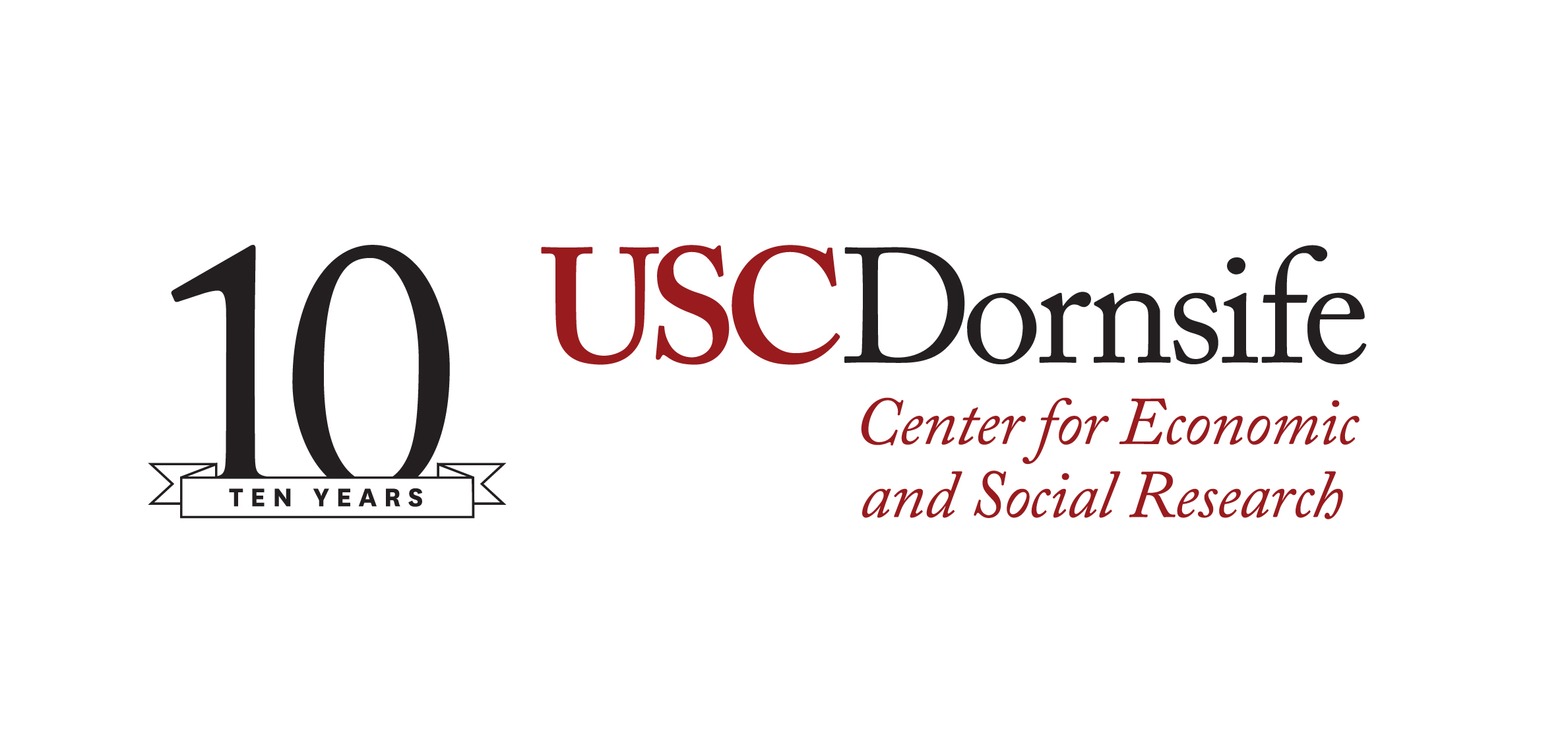Background
The conference will investigate the quality of the scientific debate, with special attention for the social and behavioral sciences and the extent that it is hampered by ideology, prejudice, or political taboos. We will assess the importance of scientific findings in political debate and explore which factors facilitate or hamper an open fact-based discussion.
At least since the ancient Greeks, there has been tension between free speech and scientific pursuit on the one hand and societal acceptance on the other hand. This friction between new ideas and existing doctrine occurs equally within the scientific enterprise where academics who challenge the status quo risk being censored.
The conference explores the tension between free speech and the scientific pursuit both in public discourse and against the backdrop of academia’s conformist tendencies. Four keynote speakers will address each of these aspects. Each keynote address will be followed by a discussion led by a panel of experts.
Uniquely, after the presentations and discussions, we will present results of a survey of the general public that probes many of the issues discussed during the day.
8:30 a.m. - 9 a.m. Arrival
9 a.m. - 9:15 a.m. Opening Remarks
9:15 a.m. - 9:30 a.m. Background and Plan for the Day
Arie Kapteyn, Executive Director, CESR
9:30 a.m. - 10:30 a.m. Session 1 – Is the Enlightenment Relevant?
Keynote: Dr. Naomi Oreskes, Professor of the History of Science and Affiliated Professor of Earth and Planetary Sciences at Harvard University
Recent attacks on scientific evidence have led some to argue for a return to Enlightenment values and ideals. For historians, the reality of Enlightenment contradictions and hypocrisy make that a dubious suggestion. This talk will consider how we can defend concepts central to science—such as facts, evidence, and truth—without invoking discredited relicts of the 18th century.10:45 a.m. - 12:00 p.m.. Session 2 – The Deontological Pursuit of Truth – The Slippery Slope of Forbidden Knowledge
Keynote: Dr. Gad Saad, Professor of Marketing and Concordia University Research Chair in Evolutionary Behavioral Sciences and Darwinian Consumption (2008-2018)
A set of parasitic idea pathogens has proliferated within academia such that the pursuit of knowledge is oftentimes subservient to other optimization metrics (e.g., minimization of hurt feelings; maximization of the collective esteem of marginalized groups). This consequentialist ethos results in the creation of forbidden knowledge, namely scientific pursuits that should be avoided lest they might cause “harm.” I posit that the pursuit of truth must be deontological (i.e., adheres to a set of absolute principles that are not amenable to consequentialist or contingent considerations).
The discussion will be led by a panel consisting of Joanne Yoong (Chief Executive Officer and Founder, Research For Impact Pte Ltd.) and Néstor de Buen (Writer).
12:00 p.m. - 1:00 p.m. Lunch Break
1:00 p.m. - 2:15 p.m. Session 3 – Captured by Metrics
Keynote: Dr. C. Thi Nguyen, Associate Professor of Philosophy at The University of Utah
The institutional setting of science can change the values, direction, and content of scientific research. Metrics for success, and metrics for transparency, create means of accountability and assessment which are readily accessible – but which are also thin, simplified, and inflexible. What is lost when researchers internalize these metrics as their goals?
The discussion will be led by a panel consisting of Paul Smaldino (University of California, Merced Associate Professor of Cognitive and Information Sciences) and Ishwar K. Puri (University of Southern California, Senior Vice President, Research and Innovation).
2:15 p.m. - 3:30 p.m. Session 4 – Science's trouble with truth in an age of polarization, pandemics, and fragmented information ecosystems.
Keynote: Dr. Dietram Scheufele, Taylor-Bascom Chair in Science Communication and Vilas Distinguished Achievement Professor at the University of Wisconsin-Madison
During COVID-19, the scientific community was faced with an unenviable Catch-22: How could we correct information in public debate that we knew to be false with science that itself turned out to be inconclusive or even wrong? Highly polarized political environments and a naïve understanding among many in the scientific community about our current information ecosystem further complicated efforts to effectively communicate during the pandemic. So, have we learned anything from our mistakes? And how can we engage meaningfully with different publics and communities about the political and scientific questions emerging from novel science?
The discussion will be led by a panel consisting of Norbert Schwarz (University of Southern California, Provost Professor of Psychology and Marketing) and Matthew Nisbet (Northeastern University, Professor of Communication, Public Policy and Urban Affairs).
4:00 p.m. - 4:30 p.m. Session 5 – What Does the Public Think?
Presenter: Jill Darling, Survey Director, Understanding America Study
We have asked the American public about their opinions and perceptions of several of the themes of the day. How much do they trust science and scientists? Should universities mainly pursue the truth or is it more important to contribute to social justice? Are universities out of touch? Does scientific research cause the world to change too fast? The presentation will present opinions about these and other questions.4:30 p.m. - 5:15p.m. Roundtable Discussion
5:15p.m. Closing and Reception
Back to Event page.
